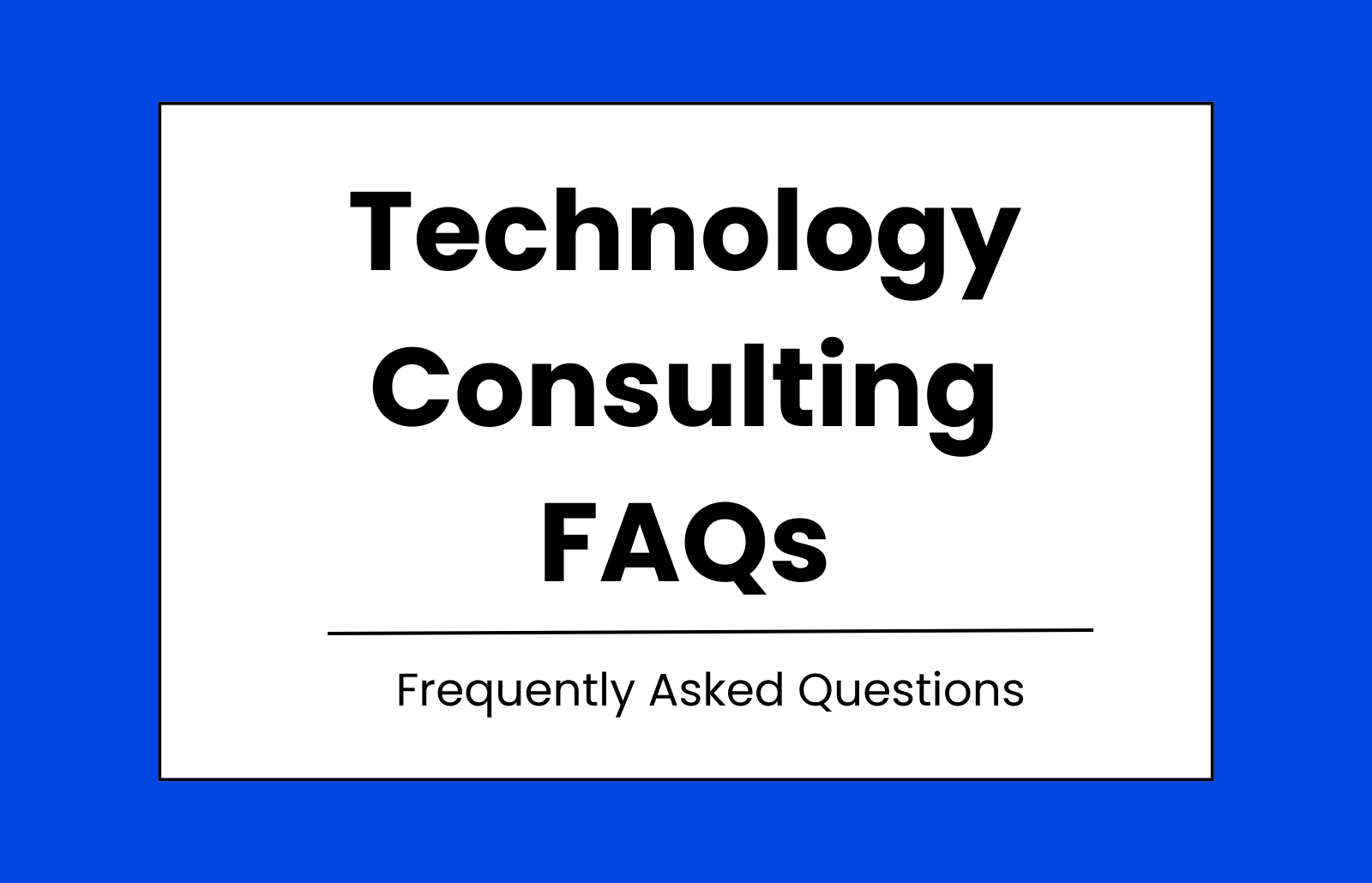While the term “technology consulting” may seem self-explanatory, each consulting project is unique and requires careful planning before getting started. Each engagement is tailored to address specific challenges and goals, making it a nuanced field that demands a deep understanding of both the business and technological landscapes. Let’s explore the fundamental concepts of technology consulting and answer some of the most frequently asked questions by prospective clients at Zartis.
1. What is Technology Consulting?
Technology consulting is a B2B service focused on providing tailored solutions to clients’ challenges within the technology sector. With the expertise and experience of seasoned technology consultants, companies can receive assistance in any area related to software development, IT infrastructure, and digital transformation. Whether it’s about improving existing systems or venturing into new technological territories, technology consultants help organizations navigate their technological journey efficiently and effectively.
2. What Does a Technology Consultant Do?
Technology consultants take a holistic view of a business and provide solutions that significantly impact both internal and external processes, driving better outcomes. Their services may include analyzing current workflows, designing strategies to resolve bottlenecks, bridging the skills gap within the organization, and implementing these solutions. In essence, technology consultants bring a fresh perspective and a wealth of knowledge, helping companies achieve their strategic objectives.
3. What are Some Typical Technology Consulting Services?
The scope of technology consulting is broad, ranging from system design to software development and integration. Companies can request services to discover new methodologies for building software, or to modernize and update existing software solutions for enhanced performance. At Zartis, for example, we provide consulting services in areas such as software architecture, IT infrastructure, process optimization, and the modernization of legacy applications. Some of our projects include creating MVPs for new products, optimizing existing systems for scalability, and re-engineering legacy systems to make them more robust and future-ready.
4. How to Choose a Technology Consulting Firm?
Choosing the right technology consulting firm involves considering both technological and cultural alignment. Technologically, a good fit would be a firm with experience relevant to your domain and an understanding of its unique challenges. Culturally, the consulting partner should share your company’s values regarding collaboration and transparency. The ideal technology consulting firm is one that not only understands the technical requirements but also aligns with your organizational culture and ways of working.
5. What is the Typical Pricing Model for Consulting Services?
When planning to hire technology consulting services, it’s important to understand the common pricing models. The two most prevalent models are time-and-materials and fixed-price contracts.
- Fixed-Price Contract: This model involves setting a firm price for the entire project before work begins. It’s often used in traditional offshoring and is suitable for projects with a well-defined scope. However, any additional work outside the agreed scope incurs extra costs.
- Time-and-Materials Contract: This model is based on the actual time spent by consultants on the project, as well as the materials used. This flexible approach allows for adjustments as the project progresses, making it ideal for projects where the scope may evolve over time. At Zartis, we operate on a time-and-materials model with daily rates, offering flexibility for both short-term and long-term engagements.
6. What are the Benefits of Using Technology Consulting Services?
There are numerous benefits to leveraging technology consulting services:
- Access to Expertise: One of the primary reasons companies hire technology consultants is to gain access to specialized knowledge that they lack in-house. This expertise can be invaluable in driving projects to success.
- Unbiased Analysis: Internal teams can often become too focused on their projects, potentially overlooking broader issues. External consultants provide an unbiased perspective, identifying areas of improvement that may not be apparent to internal teams.
- Process Optimization: Many companies seek to optimize their processes to stay competitive. Technology consulting firms help businesses refine their development cycles, improve quality assurance methods, and restructure teams to eliminate bottlenecks.
- Guidance on Initial Design: During the early stages of a software development lifecycle, expert advice on architecture and infrastructure can prevent costly mistakes down the road. This proactive approach can save significant time and resources.
- MVP and Proof of Concept Development: Before committing to a full-scale development project, it might be wise to build a Minimum Viable Product (MVP) or Proof of Concept (PoC). Technology consultants can help develop these early-stage models to validate ideas and reduce risk.
Technology Consulting at Zartis
Zartis ranks among the top technology consulting firms, offering high-quality solutions across various domains such as UX design, frontend and backend development, DevOps, data science and engineering, quality assurance, mobile development, and more. Our approach is client-centric, ensuring that every solution we provide aligns with the specific needs and goals of our clients.
Whether through further consulting and coaching the internal team, or delivering additional resources to implement your plans, we got your back. Get expert advice now!

